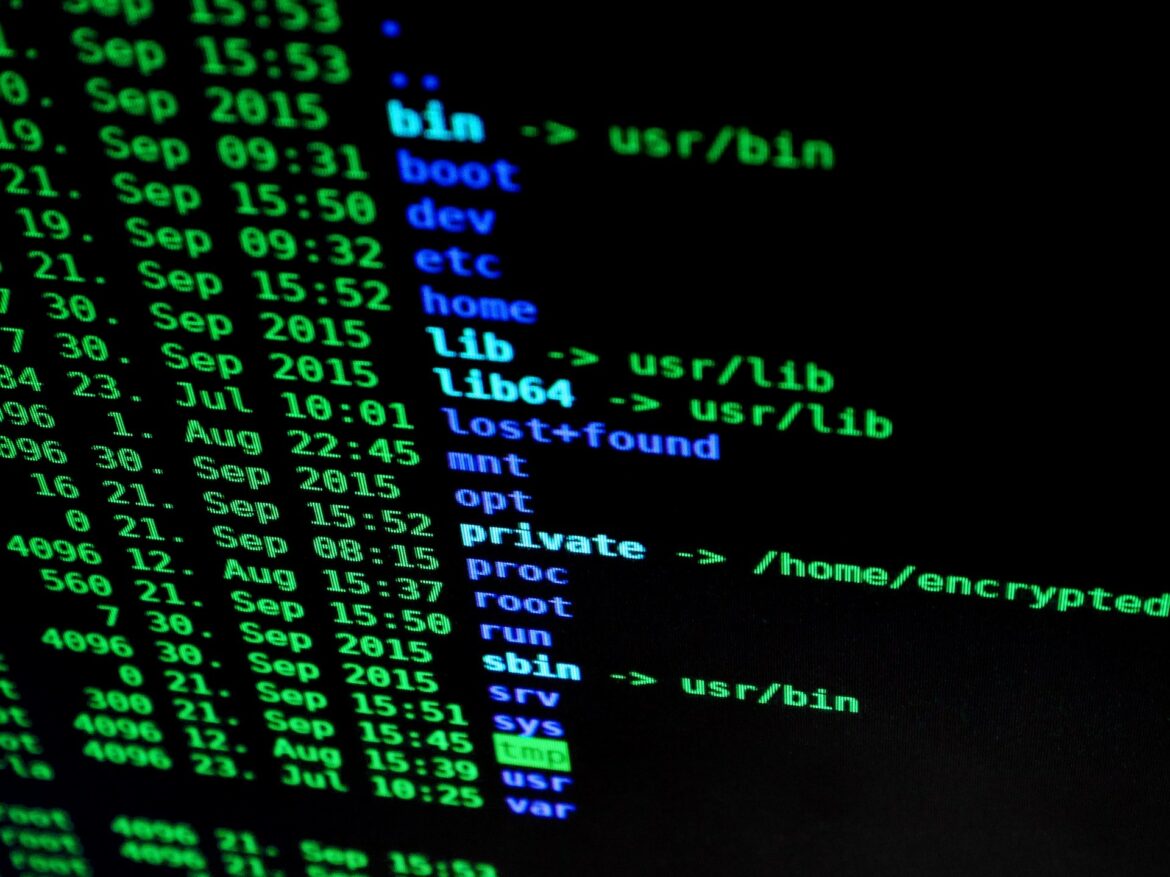Personal data is the motor of many businesses in the Internet age. Information analysis enables targeted advertising, improving services, producing new goods, and recognizing market demands for everyone. According to an European Union (EU) survey, the majority of individuals are worried about their privacy and how their data is utilized (1). However, concern does not always imply caution. Let’s see why.
More than 60% of EU citizens consider it is acceptable that their online activity is monitored in exchange for free access to a website or that companies share their information without any consent (1). It is also more a less consensual to an EU citizen that there is no alternative to obtain products or services (e.g. online shopping, online service payment, etc.) rather than providing their own personal data (1). This mindset has become widespread and it is now considered a part of modern life. Nevertheless, at a time in which data has turned into a business, maintaining privacy on the internet is becoming increasingly challenging.
When accessing the Internet, security and privacy are very important aspects that you should pay attention to. When you give permission, private information such as your IP address, physical location, or even credit card information is stored locally (2). Controlling the information you provide and who can access it is therefore extremely important. The majority of websites on the Internet utilize your personal information to improve your experience as a user (3). They must, however, inform you about how the data will be used and obtain your explicit consent. These little computer files, known as cookies, save information about your visits to those websites and make future visits more efficient. They also allow entities to construct user profiles based on the information they have access to (3). This is useful, for example, to customize commercial offers or advertisements according to your preferences. To regulate this extraordinarily volatile subject, the EU has developed a series of laws, defined in the General Data Protection Regulation (GDPR), to ensure the protection of personal data while it is collected, processed, and stored (4). If these assumptions are not satisfied, the entities incur illegality and are susceptible to large fines.
However, the responsibility does not always rely on the hands of companies. We rarely consider the digital footprint we leave while navigating through the internet. Everything we do online, from accessing social media to conducting research using search engines, creates a digital trace and it’s vital to remember that anyone may look up information on you on the internet (5). We’ve all heard stories of hackers gaining access to websites to steal private information and utilize it for malicious purposes or people simply opening links sent in nefarious emails that inadvertently opens the door to intruders. Nonetheless, there are procedures that may be taken and internet services that can be used to improve network privacy. Simple measures such as creating private accounts, utilizing a virtual private network (VPN), and sending emails through encrypted messaging services have already started reducing people’s online exposure.
- Utilizing a VPN
A VPN is a type of network that may be utilized over a public network such as the Internet. This requires downloading a program to a computer or mobile device, creating a login and password, and then accessing websites and applications (6).
When you use a VPN to access the Internet, your connection is more secure since all data is encrypted and your IP address is hidden, making it more difficult for third-party assaults or spy programs to obtain sensitive information (6). It’s worth noting that free VPNs may do the exact opposite and sell users’ browsing information so it is important to acquire these types of technology from viable sources.
- Protect your IP with a proxy
A proxy is a tool that masks a machine’s IP address, making its location untraceable. An anonymous surfing session makes it more difficult for a hacker to launch an attack. Despite its resemblance to a VPN, proxy employs a less complicated and distinct technology. This method just hides the location of the Internet connection, but it does not encrypt your data (7).
- Opt for encrypted email services
Some email providers grant additional message security, such as end-to-end encryption. These accounts may be created without having to supply a lot of personal information (8).
- Browse anonymously
Anonymous browsing is available in popular browsers like Google Chrome and Mozilla Firefox. Tracking cookies are disabled as a result of this, and information is not recorded in the browser. Although the approach is simple to use and does not involve the installation of any plugins, each browser has its own shortcut to the function.
- Leave social media accounts in private mode
Personal information such as identifying family, friends, employment, or studies may be revealed if you have a public Facebook or Instagram account. As a result, the best advice is to keep all social media accounts private. Alternatively, if you want to maintain your accounts in public mode, avoid exposing personal information or publishing photographs of your house or office as much as possible. It’s also not a good idea to use Facebook’s famed “check-in” feature to reveal your present location.
Overall, this article approaches privacy as a cornerstone of safe internet browsing. If we do not take measures that protect us from the vicious aspects of a public network such as the Internet, we will always live in fear of becoming a victim, never being able to benefit from its good influence concerning education, personal relationships and economy, for example. In that sense, try to make an effort to be aware of your digital footprint and comply with the provided suggestions for a secure use of these networks but, above all, ask yourself: Is my privacy-related online behaviour private enough? If your answer is yes, congratulations, you’ll be able to fully enjoy the huge potential of this globalized society.
Rafael Luis Pereira Santos
References
(1) TNS Political & Social (2016), “Flash Eurobarometer 443 – e-Privacy”, European Commission, Directorate-General for Communication.
(2) De Groot, J. (2021), “101 Data Protection Tips: How to Keep Your Passwords, Financial & Personal Information Safe in 2020”, DigitalGuardian.
(3) Stewart E. (2019), “Why every website wants you to accept its cookies”, Vox.
(4) Regulation (EU) 2016/679 of the European Parliament and of the Council of 27 April 2016 on the protection of natural persons with regard to the processing of personal data and on the free movement of such data, and repealing Directive 95/46/EC.
(5) Allstate Identity Protection, “What’s a digital footprint and why does it matter? Tips for protecting your data”.
(6) Symanovich S. (2014), “What is a VPN?”, Norton.
(7) Petters J. (2021), “What is a Proxy Server and How Does it Work?”, Varonis.
(8) Lord N. (2019), “What is Email Encryption? Definition, Best Practices & More”, DigitalGuardian.



